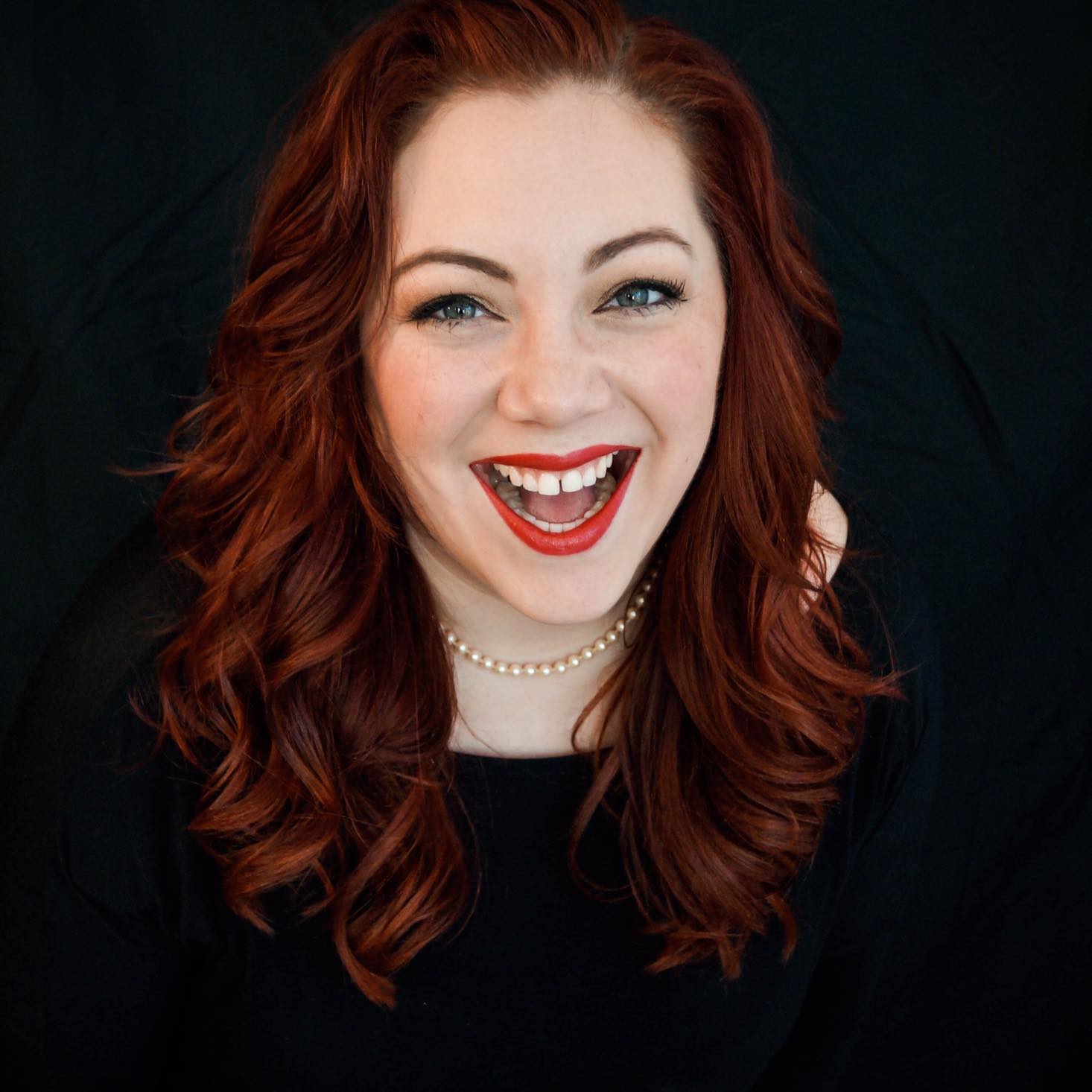
On the eve of spring break, I was able to sit down with one of Texas Tech's more ambitious grad students, Alex Webster (not the creator of the dictionary, she reminds me, but possible editor in the future). We had a great chat concerning Tech, the pedagogy program, and her recent trip to SETC.
As the main student body was preparing to disappear for a week of "homework" and "not getting behind again, I promise," Alex and I made ourselves comfy in the soon-to-be-renovated mainstage auditorium. The sounds of the shop mixed with a healthy level of construction dust served as a reminder of the fluid nature of theatre and the promise of a new building.
"This is my fifth year going to SETC (Southeastern Theatre Conference), and this was a special year because it was the first year I was invited to present. In my workshop, Foreign Language and Movement, I worked with roughly thirty folks, from high school students to college professors, about sharpening their active listening skills to become better acting partners. Active listening can improve our understanding of text, and help us to better engage with fellow actors, directors, and even the design elements. Active listening raises the question: how can we think about listening as a five senses operation rather than just with our ears?"
Active listening becomes easier when speaking to Alex Webster. From the start of our conversation, I could tell that this was a deep passion and she had done a great deal of research to bring this workshop to life. That passion and knowledge translated into her acting as a guiding hand, ready and willing to share this journey she had taken.
"It was pretty intensive. I created these exercises, a set of acting exercises, based on what I might call 'fringe' literature. Looking from a psychological standpoint I did research on how we listen and take in information."
This research also came from personal experience: "After auditioning with David Kaplan for Doña Rosita in two different languages, I thought "this feels very different." I investigated how our brain receives foreign language or non-native language and that was kind of the inspiration for creating these acting exercises. But then I had to take all of the literature that I used in the process and clearly state in a written format how useful and effective will this workshop be in our traditional setting. I'm happy people responded so positively to the prompts."
So, how was a workshop on active listening based on the science of comprehending foreign languages received? According to Alex, there was a mix of experienced and inexperienced theatre practitioners, all at different levels in their training.
"They responded enthusiastically," says Alex, "with comments such as, 'Oh, that's what my professor means when they say you're not listening to the other person in a scene' or 'this is a new technique that I've never been exposed to.' For many, the workshop spurred a lot of 'what about this' kind of scenarios which led to 15 minutes of questions after the workshop. Having so many interested directors and teachers channeled some of the pedagogical work that I've been doing into the process which was exciting and unexpected."
Alex is working towards a graduate degree in Performance and Pedagogy, and values the teaching experience provided at Texas Tech. She has taught young populations (K-5th grade), undergraduate students who are only 3-5 years younger than Alex, and older students. Currently, she is working with students from Ervin Elementary.
"The kids at Ervin say time and time again that theatre is the kind of place where they feel like their feelings matter, where their feelings are heard," says Alex. "And if those kids learn nothing about acting and, instead, learn how to listen to others, I feel like I have done something to better their lives."
Theatre can be a great good for our society and Alex Webster is focused on making sure that she helps people through its intrinsic nature. So, naturally, I had to find out what her most selfish ambitions are. I gave her this scenario: go back to SETC and present a workshop for two hours with no overhead or need to justify what she presented. Go.
"Oooh. Okay. I would probably present, and this would be a working title: The AND in Theatre AND Dance, with a potential subtitle that reads: choreographic processes of devising and the organic creation of theatre. That is a workshop I am hoping one day to present once I have enough research to back it up."
She went on to tell me that the resources available to her at Tech would make it possible for that workshop to exist one day. The devised programs through WildWind and KCACTF present ample opportunities to gain insight into how we make theatre.
As we sat in the mainstage auditorium wondering what our theatre department will look like when we enter the new space, I realized that it's graduate students like Alex who truly make the impossible seem possible.
